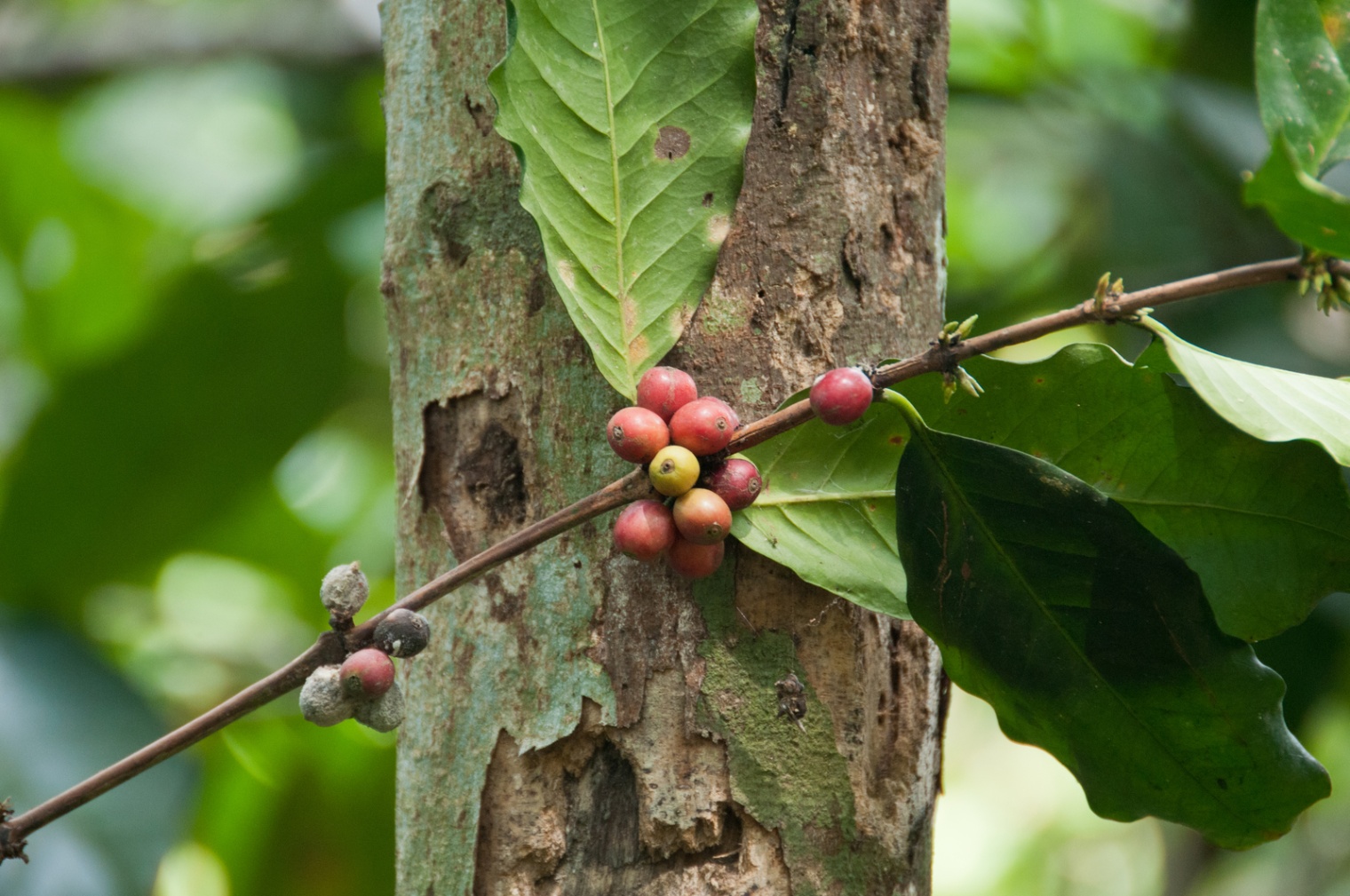A Journey Through Bali's Coffee Plantations

Exploring Bali's Rich Coffee Heritage
Bali, known for its stunning beaches and vibrant culture, is also home to a lush and rich coffee heritage that dates back centuries. The journey of Bali coffee begins in the early 20th century, when Arabica coffee plants were introduced to the island. Over time, the unique climate and fertile volcanic soil of the region became the perfect nurturing ground for coffee beans, resulting in a distinct taste that is now beloved by connoisseurs worldwide.
Walking through the verdant Bali coffee plantations is like stepping back in time. Each plantation holds stories of tradition and history, from the colonial era to modern sustainable practices. The island's devotion to maintaining the quality and integrity of its coffee is palpable. As you stroll through these plantations, you can't help but feel a deep connection to the land and the people who dedicate their lives to perfecting these beans. It's a cultural experience that goes beyond just a cup of coffee.
The Unique Flavors of Balinese Coffee
One of the most captivating aspects of Bali coffee is its unique flavors, which are a delightful reflection of the island’s diverse agricultural landscape. From the highlands of Kintamani to the slopes of Mount Batu Karu, each region offers a distinct profile of coffee beans. Balinese coffee is often characterized by its bright acidity, floral notes, and a hint of citrus, making it stand out in the world of specialty coffees.
The subtle nuances in flavor are not merely a result of the environment but also the meticulous care taken during the cultivation and processing stages. Farmers in Bali employ traditional methods, such as dry processing, to preserve the beans' natural flavors. Whether you are a seasoned coffee enthusiast or a curious traveler, brewing Bali coffee at home will transport you back to the lush landscapes and serene ambiance of the island.
Sustainable Practices in Bali's Coffee Plantations
As global awareness around sustainability and ethical sourcing grows, Bali coffee plantations have taken significant strides towards eco-friendly practices. Many plantations adhere to organic farming methods, avoiding harmful pesticides and chemical fertilizers to protect the rich biodiversity of the region. The emphasis on sustainability is not just about nurturing the land but also about preserving the traditional livelihoods of local farmers.
A visit to these plantations reveals a community-centric approach where fair trade and cooperative models are often employed. This ensures farmers receive fair compensation for their labor, fostering a positive economic impact. There is a harmony between nature and human effort in these plantations. Bali coffee is more than a product; it’s a testament to the island's commitment to a sustainable future.
Visit Must-See Coffee Plantations in Bali
Bali is dotted with numerous coffee plantations, each offering a unique experience that promises to satiate your caffeine curiosity. Some must-see Bali coffee plantations include the renowned Kintamani Coffee Plantation, famous for its Arabica coffee beans that thrive in the region's high altitude. The plantation's cool climate and volcanic soil lend a smooth, fruity flavor to the coffee.
Another gem is the Luhur Batukaru Coffee Estate, nestled on the slopes of Mount Batukaru, where you can enjoy a guided tour of the lush fields and sample freshly brewed coffee. This plantation not only highlights the traditional methods of coffee cultivation but also offers breathtaking views of Bali's countryside. Don't forget to visit the Bali Pulina Agro Tourism in Ubud, where you can explore the intricate process of coffee production, from bean to brew.
Experiencing the Traditional Coffee-Making Process
One of the most enriching experiences in Bali coffee plantations is witnessing the traditional coffee-making process. From hand-picking ripe coffee cherries to roasting the beans over an open fire, each step is a labor of love and skill. The traditional method, known as 'kopi tubruk', involves brewing ground coffee beans with boiling water, resulting in a bold and aromatic cup.
It is fascinating to see the balance of precision and passion that goes into every cup. The locals' expertise in this age-old craft adds an unparalleled depth to the flavor and aroma of Bali coffee. Immersing yourself in this tradition not only enhances your appreciation for the beverage but also connects you to the heart and soul of Bali's coffee culture. It's a journey that stays with you long after the last sip.

What Is Co-Fermented Coffee? Discover Its Unique Tastes

From Unexpected to Extraordinary: Unusual Coffee Additives You Must Try
